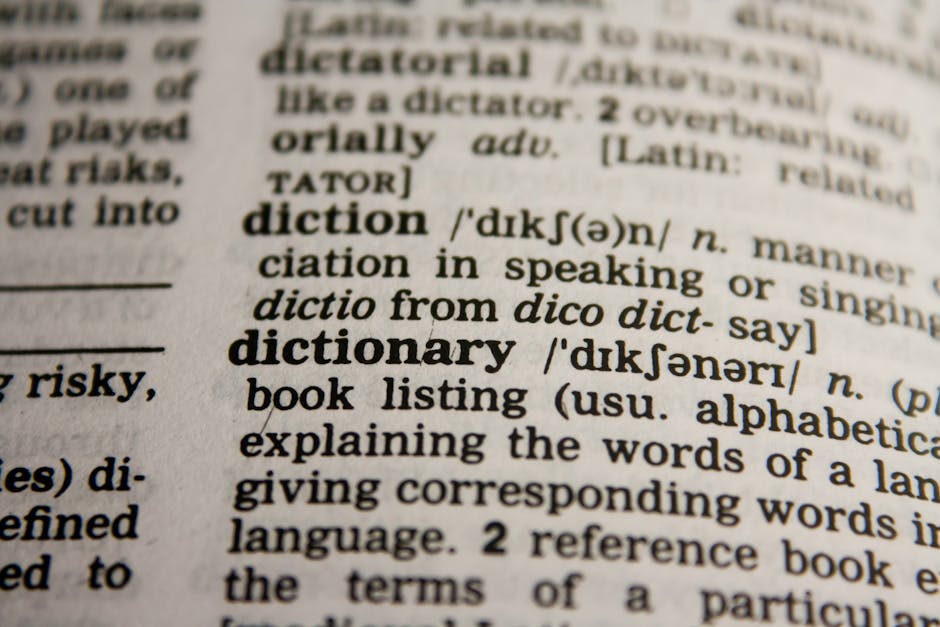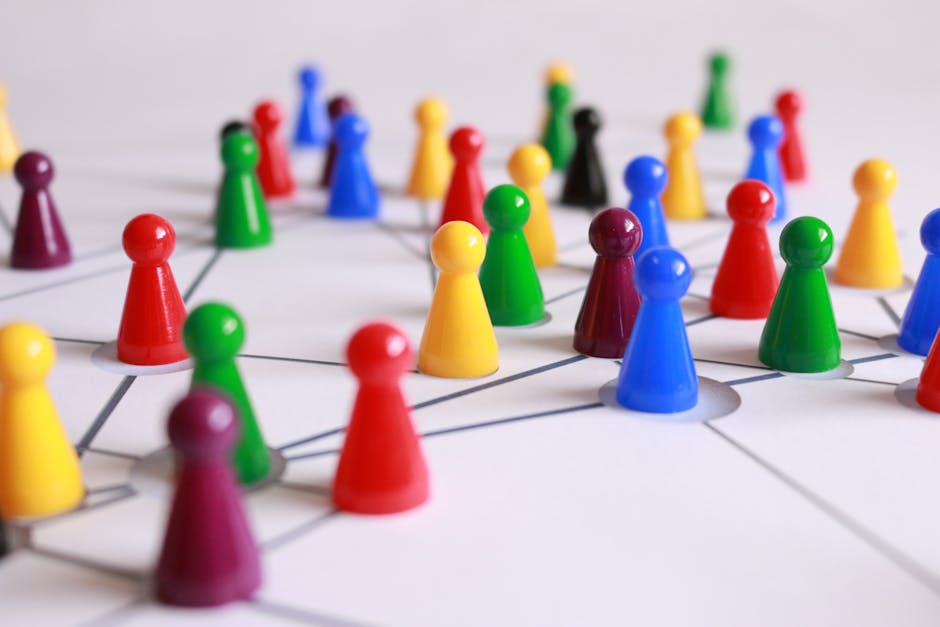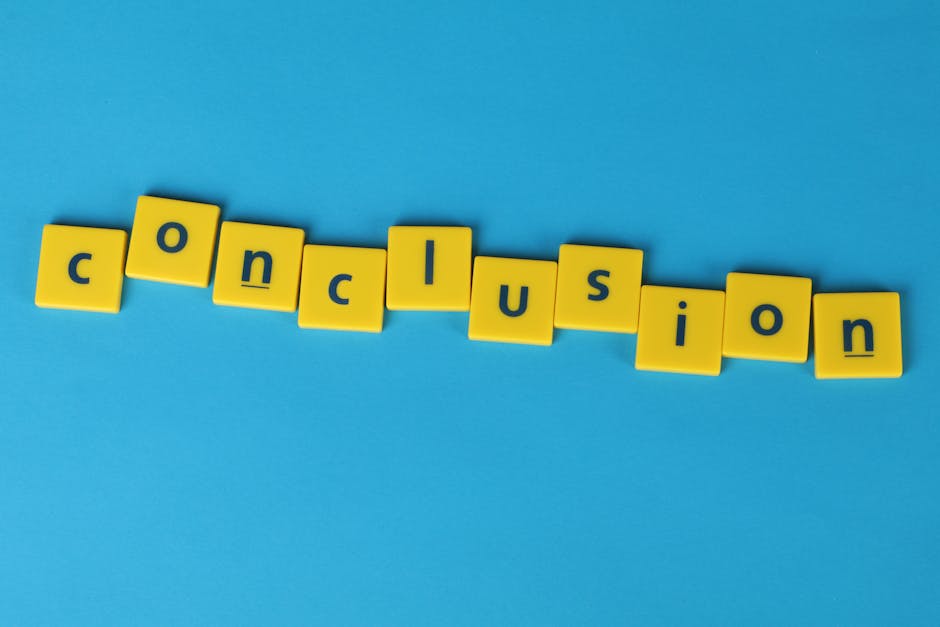Self-awareness is the cornerstone of personal growth and the foundation of a stronger, more resilient you. At Self IQ, we believe that smarter growth begins with understanding yourself—your thoughts, emotions, behaviors, and motivations. In this comprehensive guide, we’ll explore what self-awareness truly means, why it matters, and how you can cultivate it to unlock your full potential.
What Is Self-Awareness?

Self-awareness is the ability to perceive and understand the unique qualities that make you who you are. It’s the conscious knowledge of your character, feelings, motives, and desires. In essence, self-awareness is about shining a light on your internal world—your thoughts, emotions, physical sensations, and urges—so they no longer remain hidden or unnoticed. This process allows you to step back and observe yourself as you interact with the world, providing insight into how your inner experiences shape your actions and decisions.
Unlike simple self-recognition, self-awareness is a dynamic, layered process. It involves metacognition, or the monitoring of your own mental states, which enables you to reflect on your thoughts and feelings as they unfold. This capacity develops gradually through various stages, from basic differentiation between self and environment to a more complex understanding of how you are perceived by others. Ultimately, self-awareness empowers you to recognize patterns in your behavior, identify your strengths and weaknesses, and make conscious choices that align with your values and goals.
The Science of Self-Awareness: How It Develops

Photo by Christina Morillo on Pexels
Understanding the development of self-awareness provides valuable context for its importance in our lives. According to psychological research, self-awareness emerges in stages, beginning in early childhood and evolving throughout our lives. The journey starts with basic recognition—such as noticing your reflection in a mirror—and progresses to more advanced forms, like self-consciousness and metacognition.
Developmental psychologist Philippe Rochat describes five levels of self-awareness:
- Confusion: No awareness of self in the mirror; the reflection is seen as part of the environment.
- Differentiation: Realizing the mirror reflects things distinct from the surrounding world.
- Situation: Linking movements in the mirror to one’s own body.
- Identification: Recognizing the reflection as oneself.
- Permanence: Understanding the self as a continuous entity over time.
- Self-consciousness: Realizing the self is seen from both a first-person and third-person perspective.
This gradual unfolding shapes how we relate to ourselves and others, influencing everything from emotional regulation to social interactions. The more sophisticated our self-awareness becomes, the better equipped we are to navigate complex situations, manage our emotions, and pursue meaningful growth.
Why Self-Awareness Matters: The Benefits for Personal Growth

Photo by Andrea Piacquadio on Pexels
Self-awareness is not just a psychological buzzword—it’s a transformative skill that impacts every aspect of our lives. When you cultivate self-awareness, you gain the ability to monitor your stress, thoughts, emotions, and beliefs. This heightened awareness becomes a powerful mechanism for personal change, enabling you to break free from automatic patterns and make more intentional choices.
Some key benefits of self-awareness include:
- Improved Emotional Intelligence: Recognizing your emotions as they arise helps you respond rather than react, fostering healthier relationships and better communication.
- Enhanced Decision-Making: Understanding your values, motivations, and triggers allows you to make choices that align with your true self.
- Greater Resilience: By observing your internal experiences without judgment, you build the capacity to adapt and recover from setbacks.
- Personal Growth: Awareness of your strengths and areas for improvement creates a roadmap for continuous self-development.
- Mental Health: Shining a light on hidden thoughts and feelings is the first step toward healing and positive change.
Ultimately, self-awareness is the gateway to smarter growth and a stronger you. It provides the foundation for setting meaningful goals, overcoming obstacles, and leading a more authentic, fulfilling life.
Types of Self-Awareness: Internal and External

Photo by Jonathan Borba on Pexels
Self-awareness can be divided into two main types: internal and external. Each plays a unique role in shaping how you understand yourself and interact with the world.
Internal self-awareness refers to how clearly you see your own values, passions, aspirations, reactions, and impact on others. It involves introspection and reflection, helping you align your actions with your core beliefs. People with high internal self-awareness are generally more satisfied with their lives and experience less stress, as they have a clearer sense of direction and purpose.
External self-awareness, on the other hand, is about understanding how others perceive you. This includes being aware of your reputation, social cues, and the effect your behavior has on those around you. Cultivating external self-awareness can improve empathy, communication, and leadership skills, as it encourages you to consider multiple perspectives and adapt your approach accordingly.
Balancing both types of self-awareness is essential for holistic growth. While internal self-awareness helps you stay true to yourself, external self-awareness ensures you remain connected and responsive to the needs of others.
Common Barriers to Self-Awareness (and How to Overcome Them)

Photo by Travis Saylor on Pexels
Despite its importance, developing self-awareness is not always straightforward. Many people encounter obstacles that prevent them from seeing themselves clearly. Some common barriers include:
- Denial: Avoiding uncomfortable truths about yourself can hinder growth and perpetuate negative patterns.
- Defensiveness: Reacting with resistance or justification when confronted with feedback limits your ability to learn and change.
- Distraction: Constant busyness or digital overload can keep you disconnected from your inner world.
- Fear of Judgment: Worrying about how others see you may lead to self-censorship or inauthentic behavior.
To overcome these barriers, practice self-compassion and curiosity. Approach your thoughts and feelings with an open mind, and remember that self-awareness is a journey, not a destination. Techniques like mindfulness meditation, journaling, and seeking honest feedback from trusted sources can help you break through resistance and foster deeper insight.
Practical Strategies to Cultivate Self-Awareness

Building self-awareness is an active process that requires intention and practice. Here are some proven strategies to help you develop this vital skill:
- Mindfulness Meditation: Set aside time each day to observe your thoughts and sensations without judgment. Mindfulness helps you become more present and attuned to your inner experiences.
- Reflective Journaling: Writing about your emotions, reactions, and daily experiences can uncover patterns and reveal underlying beliefs.
- Feedback Seeking: Ask for honest input from friends, family, or colleagues to gain an external perspective on your behavior and impact.
- Body Awareness: Pay attention to physical sensations and signals, as they often provide clues about your emotional state.
- Set Intentions: Begin each day with a clear intention or question, such as “What do I need most today?” or “How do I want to show up in this situation?”
Consistency is key. Over time, these practices can help you develop a more nuanced understanding of yourself, empowering you to make choices that support your growth and well-being.
Self-Awareness and Emotional Intelligence: The Connection

Self-awareness is a core component of emotional intelligence (EQ), the ability to recognize, understand, and manage your own emotions as well as those of others. High self-awareness enhances all other aspects of EQ, including self-regulation, motivation, empathy, and social skills.
When you are self-aware, you can identify emotional triggers, understand the roots of your reactions, and communicate your needs more effectively. This not only improves your relationships but also enables you to navigate challenges with greater resilience and adaptability. Leaders with strong self-awareness tend to foster more collaborative, supportive environments, as they model openness and authenticity.
Developing emotional intelligence through self-awareness is an ongoing process. The more you practice, the more naturally it will become to respond thoughtfully rather than react impulsively, paving the way for smarter growth and a stronger you.
Integrating Self-Awareness into Daily Life

Photo by Tara Winstead on Pexels
Making self-awareness a consistent part of your daily routine can transform the way you live and work. Here are some ways to integrate self-awareness into your everyday life:
- Pause and Check-In: Throughout the day, take moments to pause and ask yourself how you’re feeling and why.
- Practice Active Listening: When interacting with others, focus fully on their words and emotions, noticing your own reactions without judgment.
- Set Aside Reflection Time: Dedicate a few minutes each evening to reflect on your experiences, choices, and lessons learned.
- Embrace Growth Mindset: View challenges and feedback as opportunities for learning rather than threats to your identity.
- Celebrate Progress: Acknowledge your growth and milestones, no matter how small, to reinforce positive change.
By weaving self-awareness practices into your daily habits, you create a powerful feedback loop that supports ongoing development and fulfillment.
The Transformative Power of Self-Awareness: Stories and Insights

Countless individuals have experienced profound transformation through self-awareness. Whether it’s overcoming limiting beliefs, healing from past wounds, or discovering new passions, the journey inward often leads to unexpected breakthroughs.
Consider the story of someone who struggled with chronic stress and anxiety. Through regular mindfulness and journaling, they began to notice patterns in their thoughts and behaviors that contributed to their distress. By becoming more aware of these patterns, they were able to challenge negative self-talk, set healthier boundaries, and cultivate greater self-compassion. Over time, their confidence grew, and they found new ways to thrive both personally and professionally.
These stories remind us that self-awareness is not about perfection, but progress. Every step toward greater understanding brings you closer to the person you want to become.
Conclusion: Embrace Self-Awareness for Smarter Growth and a Stronger You

Self-awareness is the key that unlocks smarter growth and a stronger, more authentic you. By understanding yourself—your thoughts, emotions, motivations, and impact—you gain the power to shape your life with intention and purpose. The journey may be ongoing, but every moment of self-reflection brings you closer to your goals.
At Self IQ, we invite you to embrace the transformative power of self-awareness. Start today by observing your inner world, seeking feedback, and practicing self-compassion. As you deepen your self-awareness, you’ll discover new possibilities for growth, resilience, and fulfillment. Remember: Smarter growth starts with knowing yourself.
Sources
- https://www.verywellmind.com/what-is-self-awareness-2795023
- https://www.psychologytoday.com/us/blog/click-here-for-happiness/201903/what-is-self-awareness-and-how-do-you-get-it
- https://positivepsychology.com/self-awareness-matters-how-you-can-be-more-self-aware/
- https://en.wikipedia.org/wiki/Self-awareness
- https://www.innermelbpsychology.com.au/self-awareness-mental-health/





